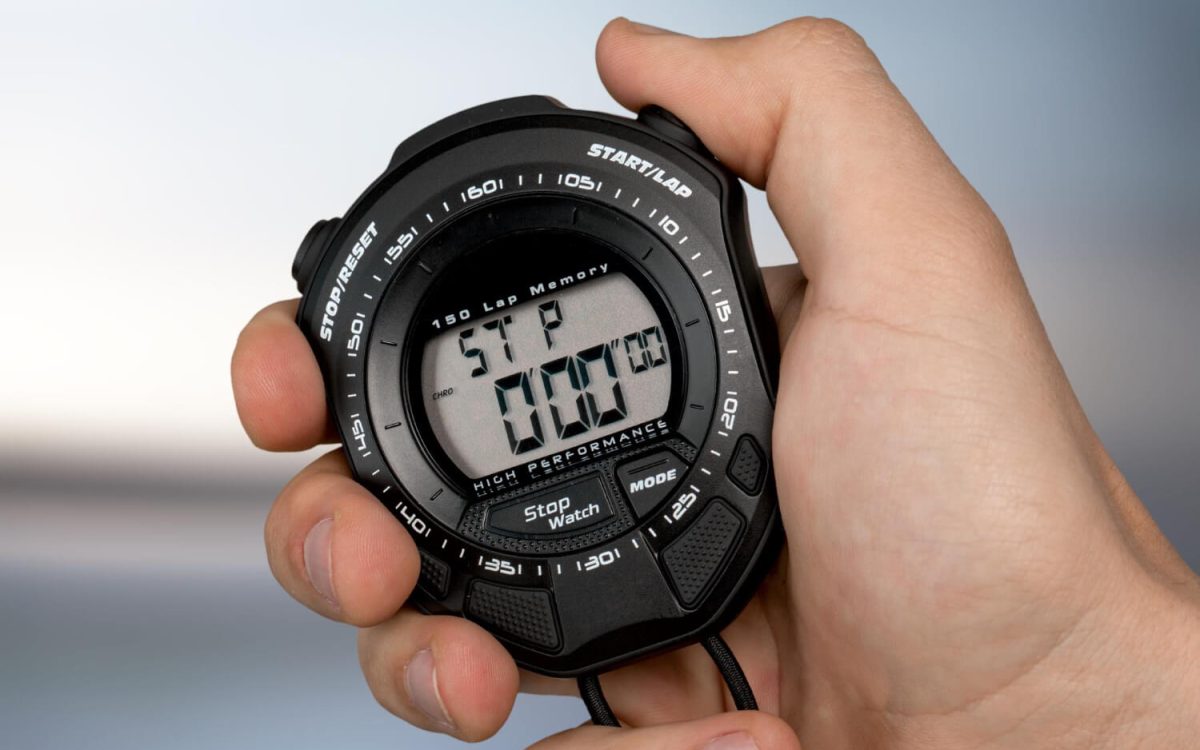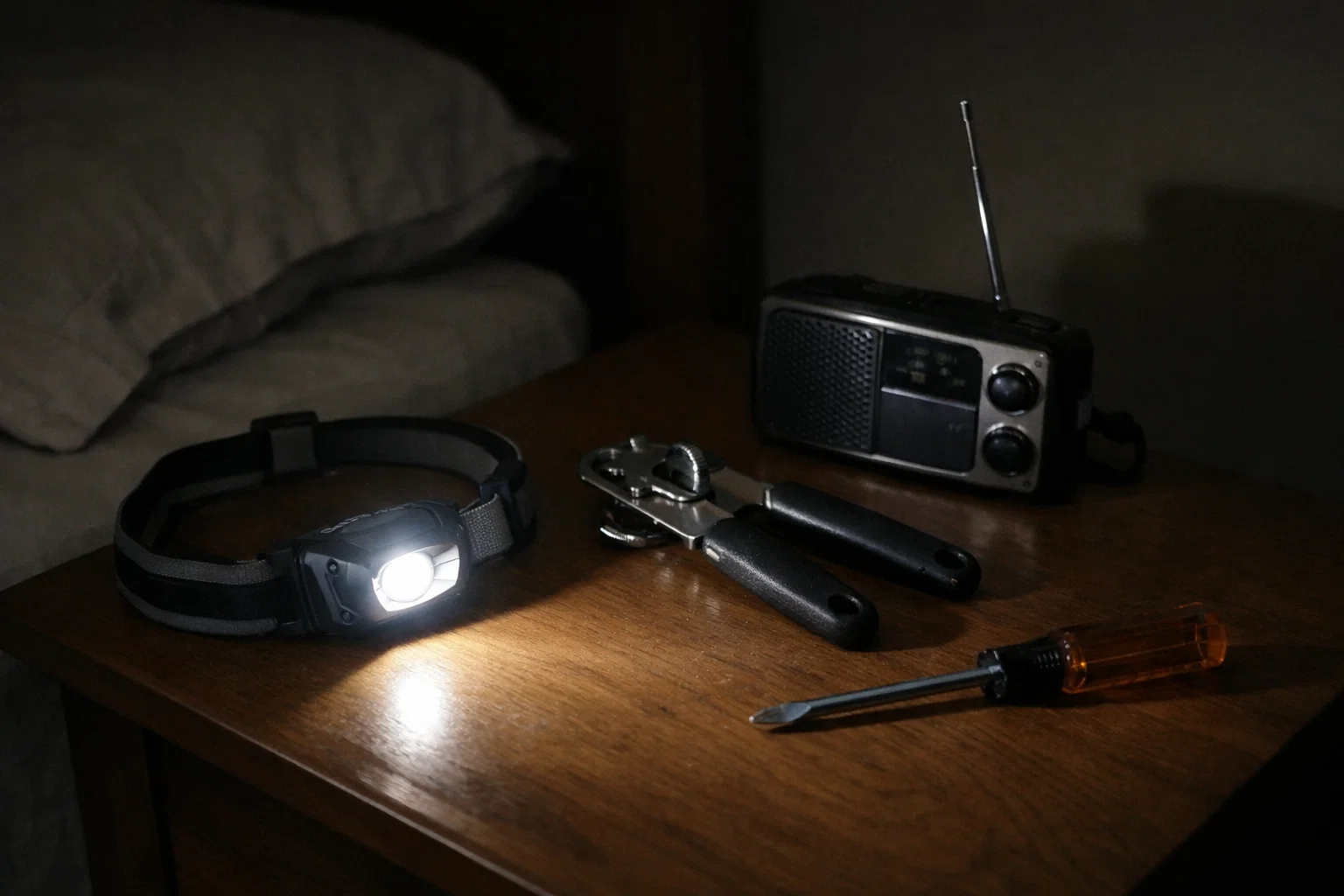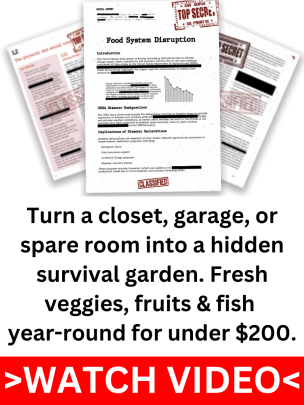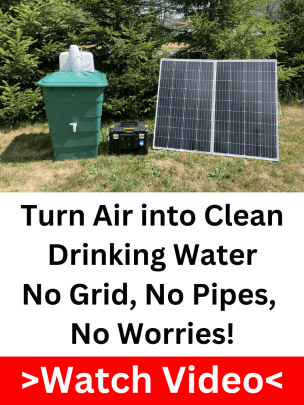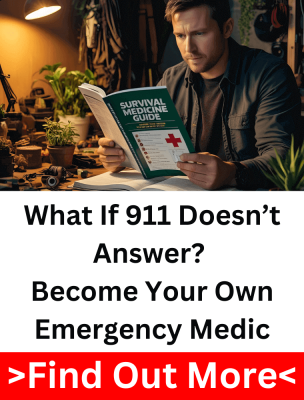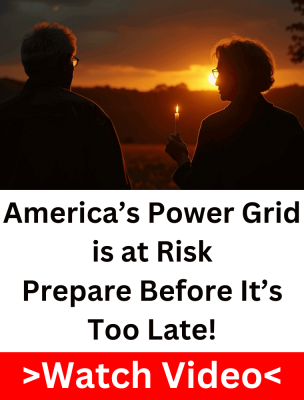We all like to believe we’re more prepared than the average person. You’ve got some food stocked, a flashlight in the drawer, and maybe even a generator in the garage. But here’s the cold truth: thinking you’re ready and being ready are two very different things.
This short test will put that to the challenge. No theory, no fluff, just real questions you need to answer. And if even a few of them give you pause, it’s time to tighten up your plan.
The Danger of False Confidence
Complacency is a prepper’s worst enemy. We get comfortable, thinking our shelves are full enough or our bug-out bag is “good for now.” But when a disaster hits, whether it’s a blackout, flood, or civil unrest, those small cracks in your plan get exposed fast.
You don’t want to realize too late that your water storage ran out in 48 hours or that your radio batteries are dead. These aren’t hypotheticals, they’ve happened to people just like us.
The point isn’t to scare you, it’s to give you a wake-up call while there’s still time to act.
Take the 60-Second Survival Readiness Test.
Let’s get into it. Set a timer for one minute and run through these questions as fast and honestly as you can. Don’t overthink, just go with your gut.
Each “no” is a red flag. Count them.
The Test:
- Do you have enough clean water to last 30 days for everyone in your household?
- Can you cook without electricity or gas right now?
- Is your first-aid kit fully stocked and easily accessible?
- Do you have at least one reliable method of off-grid communication?
- Can you defend your home if things get ugly?
- Do you have copies of critical documents stored safely?
- Can you leave your home with all the essentials in under 10 minutes?
- Is your backup power source working and tested in the last 30 days?
- Does your food stockpile include actual meal plans, not just random cans?
- Have you done a full inventory and practice drill in the last 6 months?
If you hesitated or said “no” to more than 2 of these, it’s time to face it: you’re not fully ready yet.
What Your Score Really Means
This isn’t about passing or failing. It’s about being honest with yourself before life forces your hand. A false sense of readiness can be more dangerous than not prepping at all, because it keeps you from taking action.
Your score gives you a map. Every “no” is a direction. And if you know where the weak spots are, you can start fixing them today.
Fixing the Gaps Before the Grid Goes Down
Start with the basics. Water and food are your top priorities. If you can’t eat or hydrate, nothing else matters. Don’t just buy bottles, set up a full water plan: storage, rotation, and purification.
Next, look at power and comms. Test your generator. Replace the radio batteries. Know exactly how you’ll stay informed when cell towers fail.
Home defense isn’t about going full Rambo. It’s about making your house a hard target. Motion lights, barriers, and a layered approach matter more than bravado.
And finally, practice. A prep you’ve never tested is just a theory. Run drills. Time yourself. Make it muscle memory.
The beauty of this 60-second test? It doesn’t cost you a thing, but it could save your life. The worst time to find out you missed something is when the lights are out and the stores are empty.
You’ve got time now. Use it wisely.

